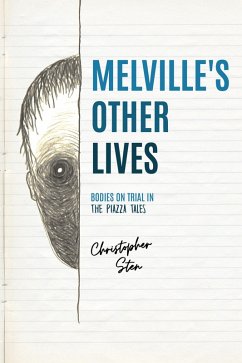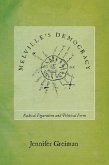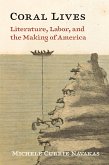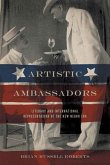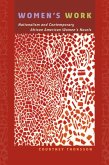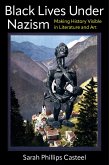Melville's Other Lives is the first book-length study on The Piazza Tales-Herman Melville's only authorized collection of short fiction published in his lifetime-and the first book to explore the rich and varied subject of embodiment in any published collection of Melville's stories.
As Christopher Sten shows, all of the stories in The Piazza Tales present encounters between established white male figures: a writer, a lawyer, a ship captain, a homeowner, an architect, a world traveler, and characters who are outsiders, minorities, outcasts, or "others": a seamstress, an office drudge, enslaved Africans, a traveling salesman, island castaways, the poor. In each, Melville concentrates on the trials of the human body, its pain and trauma, its struggles and frustrations. Some tales concern common trials such as illness or invalidism ("The Piazza"), the tedium of office work ("Bartleby"), or the aggravation of door-to-door salesmen ("The Lightning-Rod Man"). Others concern extraordinary trials: the traumatic violence of a rebellion on a slave ship ("Benito Cereno"), the hardships of surviving on a wasteland archipelago ("The Encantadas"), the perils of creating a monstrous "man-machine" ("The Bell-Tower"). In their concern for the cultural meanings of such trials, Melville's stories look forward to the work of Michel Foucault, Raymond Williams, and other cultural materialists who have shown how cultures define, control, and oppress bodies based on their otherness. As a storyteller, Melville understood how such cultural dynamics operate and seized on our collective obsession with the human body as subject, symbol, and vehicle to dramatize his tales.
Dieser Download kann aus rechtlichen Gründen nur mit Rechnungsadresse in A, D ausgeliefert werden.

